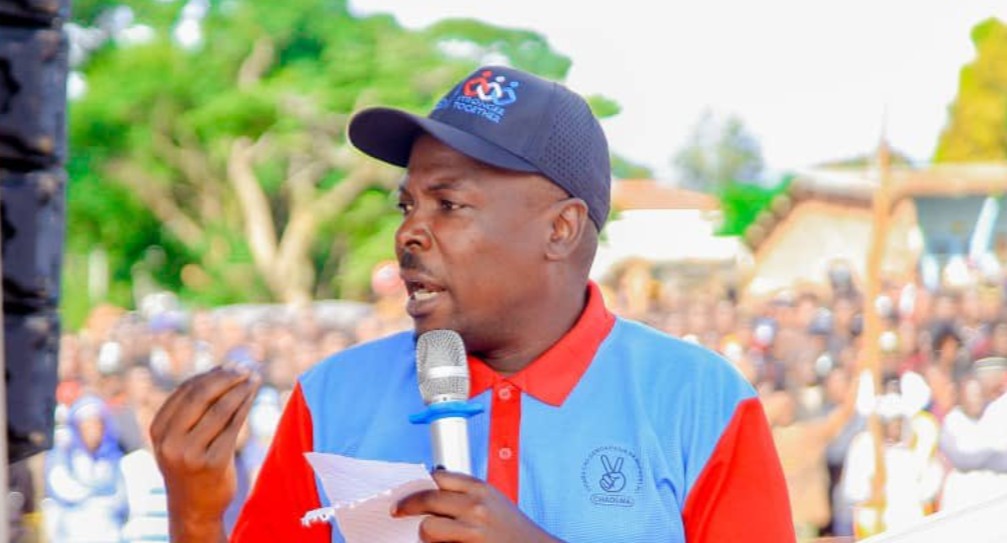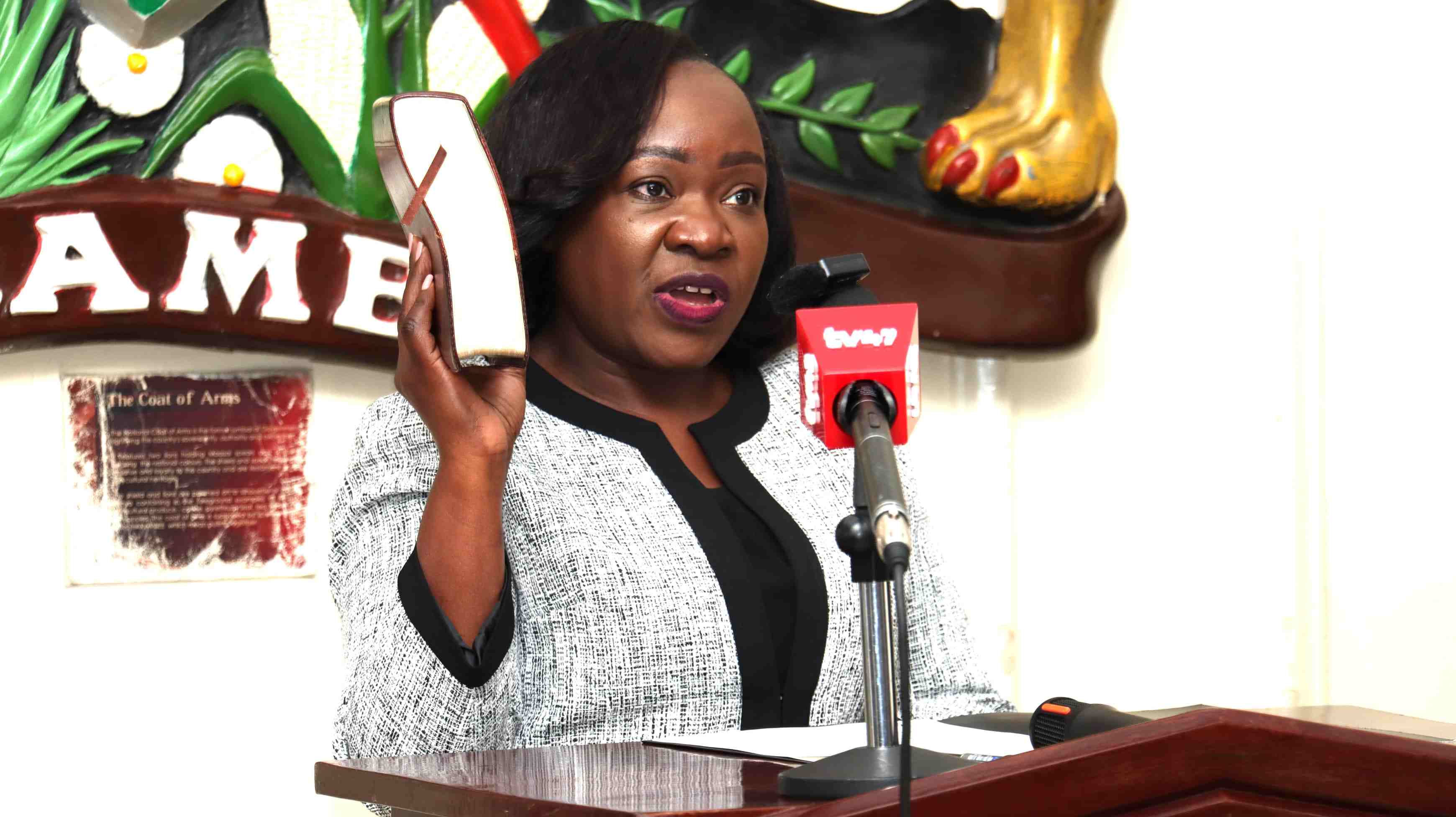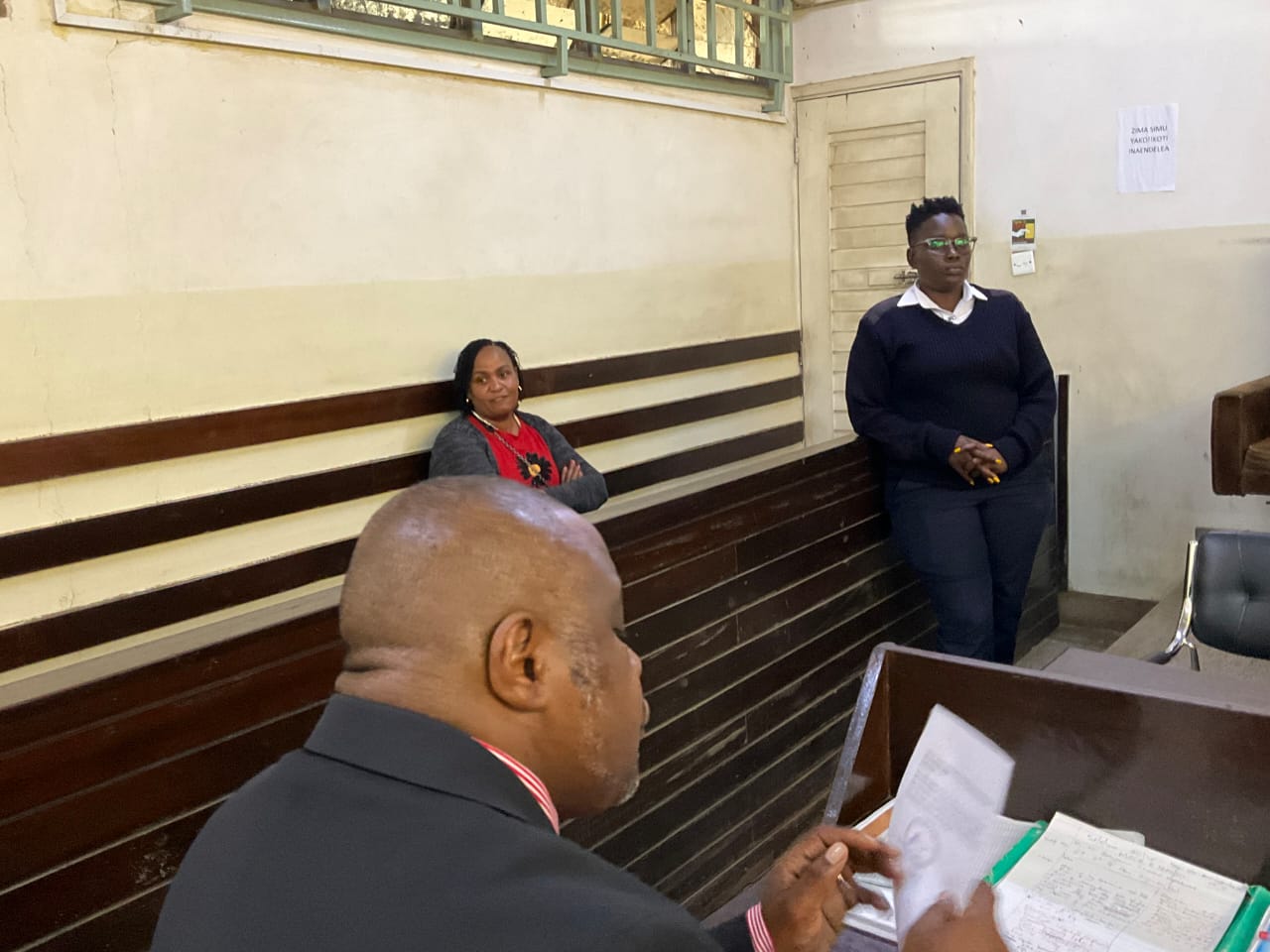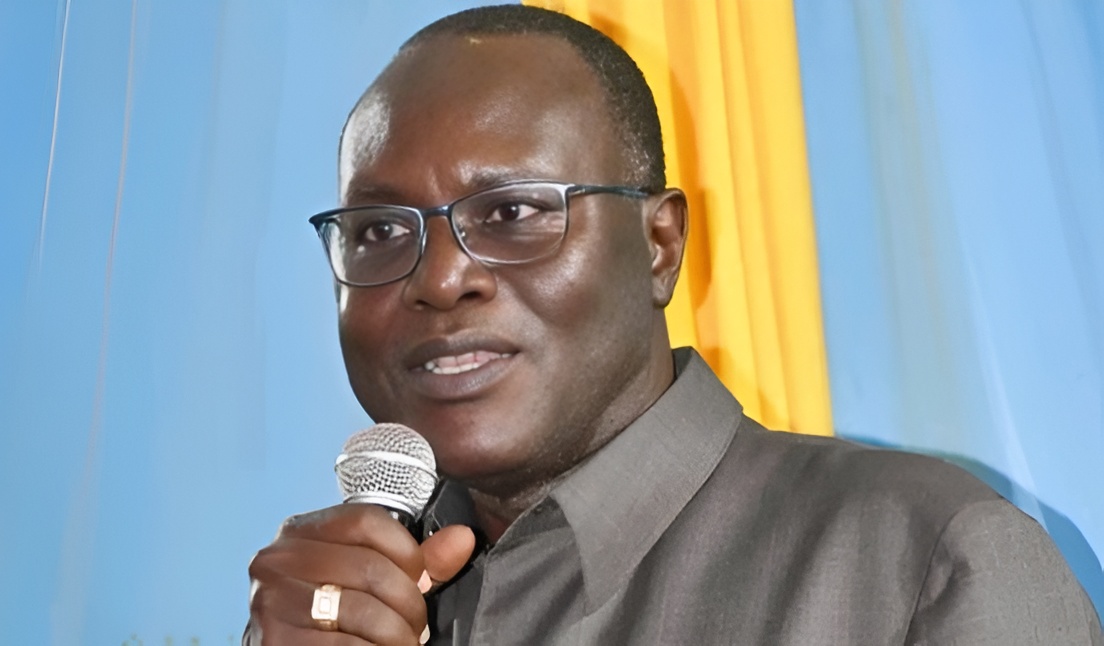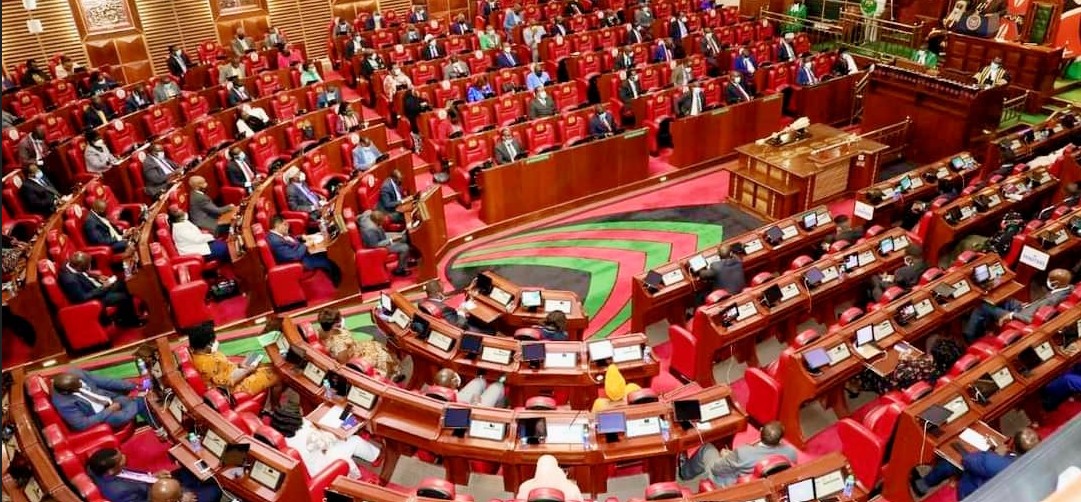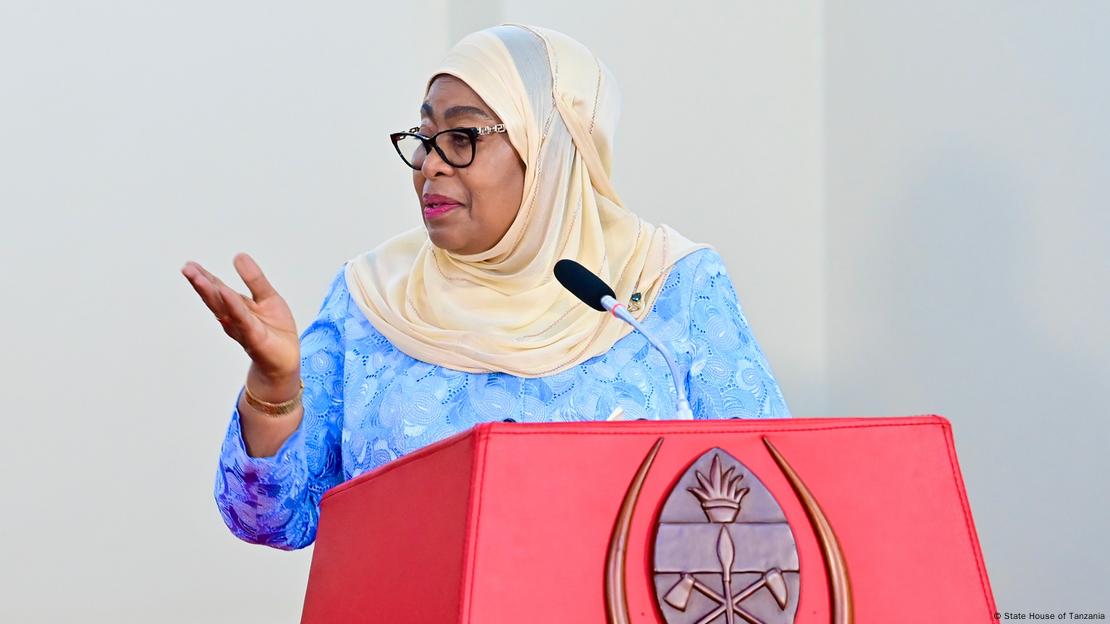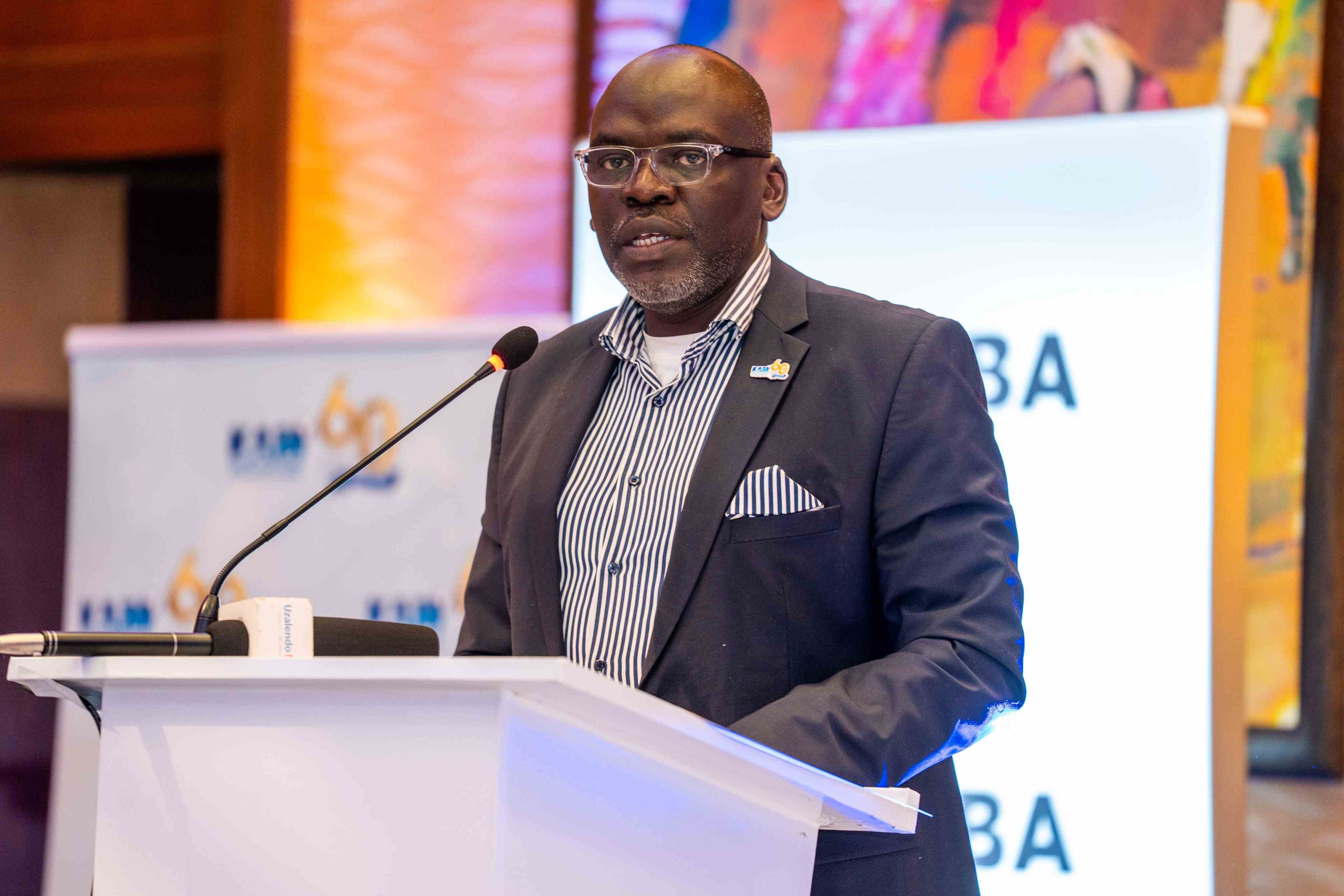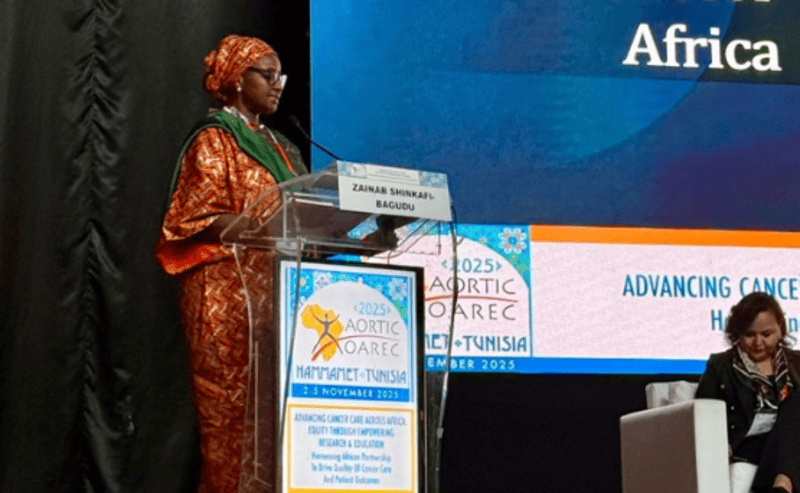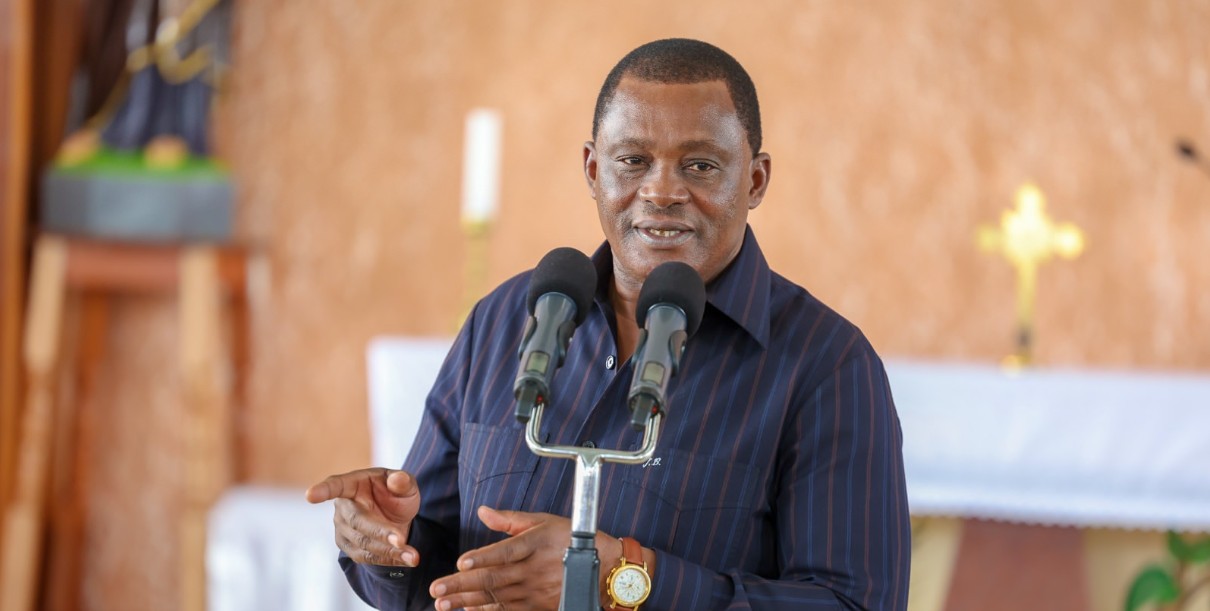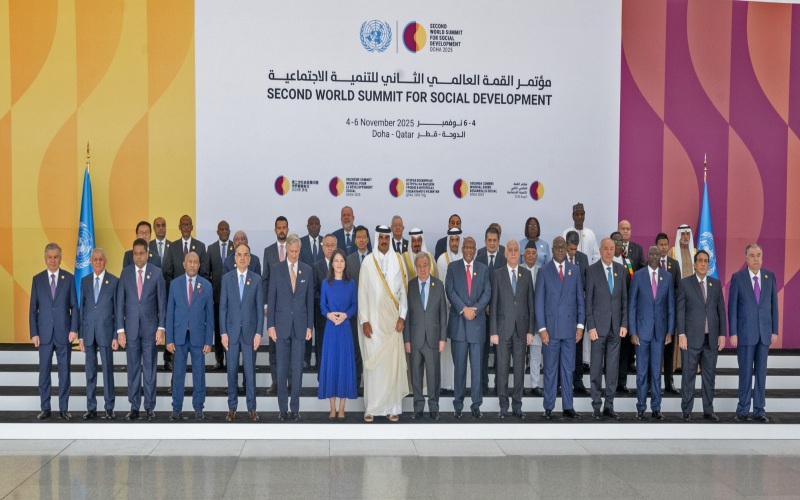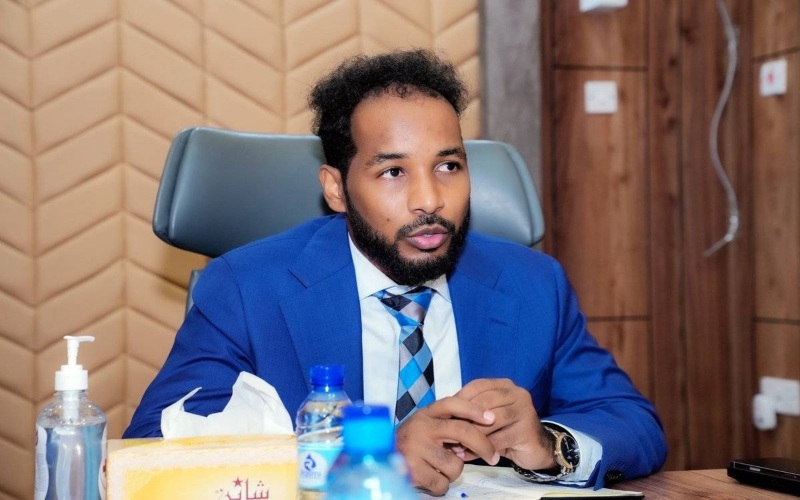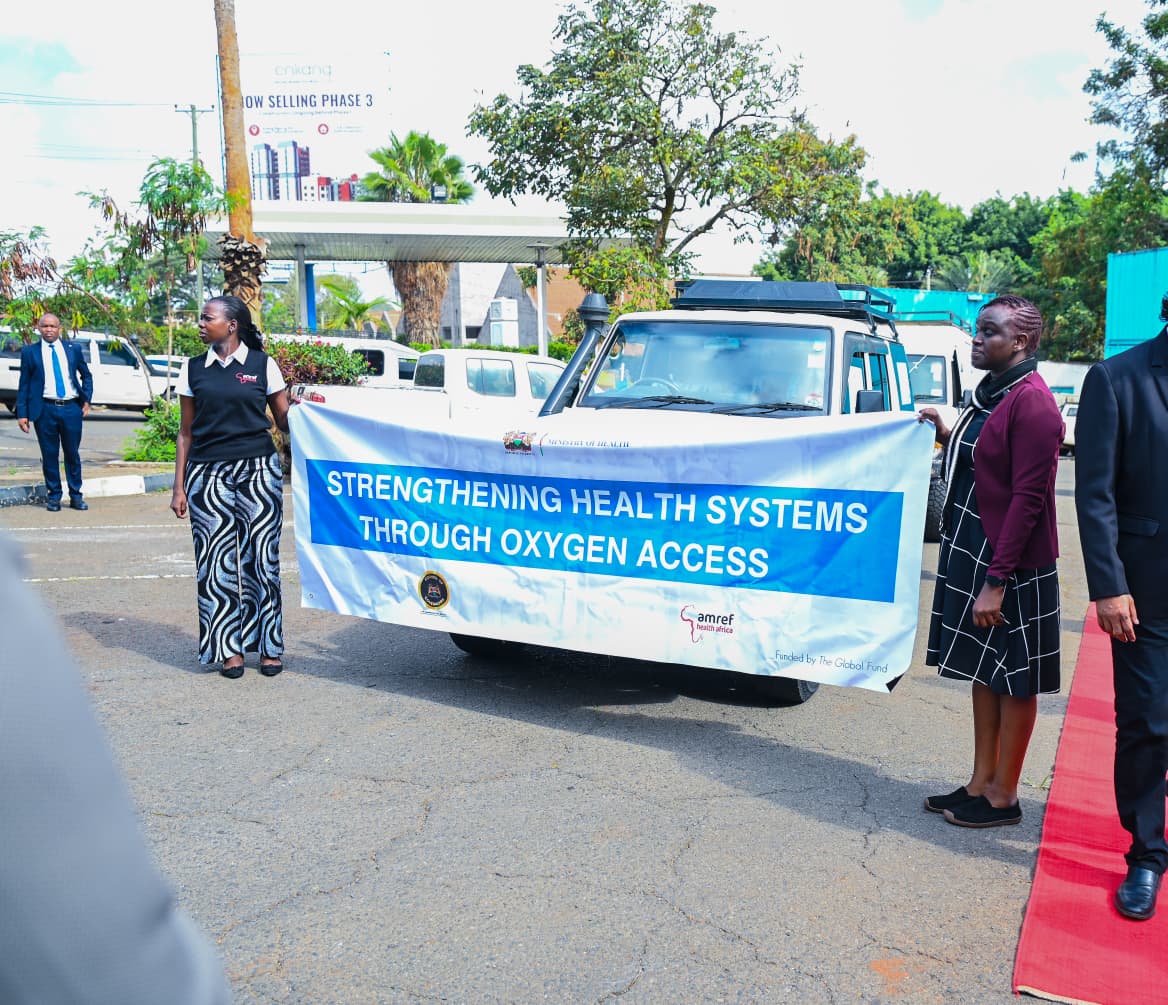Somalia advocates African unity for international job candidacies
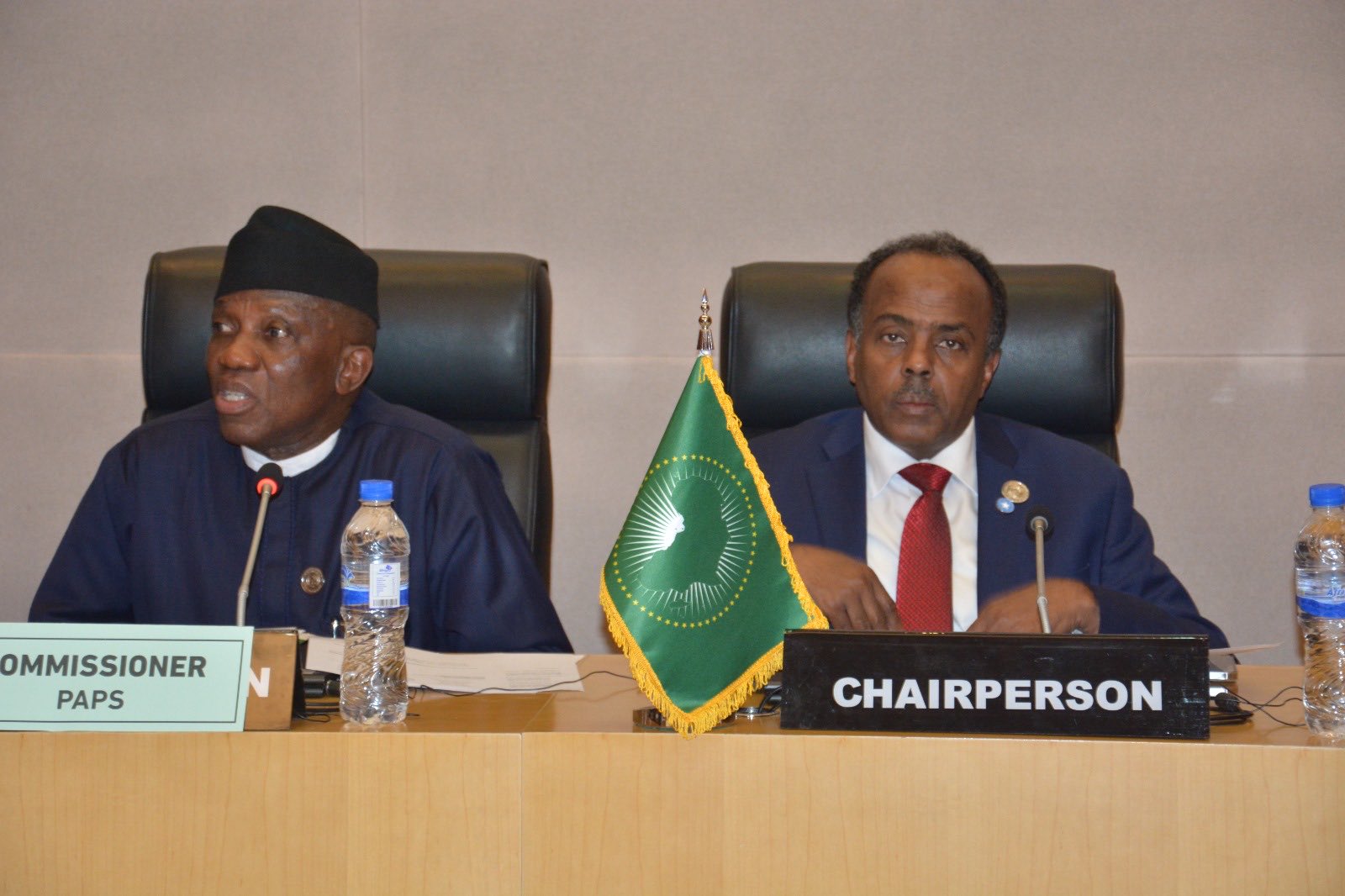
Somalia's top diplomat Ali Omar emphasised the importance of unity and consensus to amplify Africa's representation on the global stage.
Mogadishu on Wednesday called for enhanced African unity in international job candidacies as the country's foreign minister spearheaded the ministerial committee on African candidacies within international systems in Addis Ababa.
On the sidelines of the ongoing African Union executive council, Somalia's top diplomat Ali Omar emphasised the importance of unity and consensus to amplify Africa's representation on the global stage.
More To Read
- AU, Federal Republic of East Africa call for calm amid post-election unrest in Tanzania
- Kenya’s crackdown on activists spotlighted at AU rights summit
- Ethiopia leads African Union’s drive for continental railway connectivity
- Can the AU prevent coups like Madagascar's?
- AU sends high-level delegation to Madagascar after military coup ousts President Rajoelina
- African Union rejects any unconstitutional change of government in Madagascar
"It's crucial we back unified African candidacies to boost our collective influence," Ali asserted, underscoring the importance of a cohesive approach in securing key global positions.
This committee's mandate is to champion African candidates for elective positions in the international system.
Yet, member states frequently disregard the committee's rules and procedures, neglecting to showcase solidarity and Pan-Africanism through unified voices on the global stage, built on consultations and consensus.
This plea for unity comes against the backdrop of Africa facing criticism for its perceived lack of coordination and common purpose.
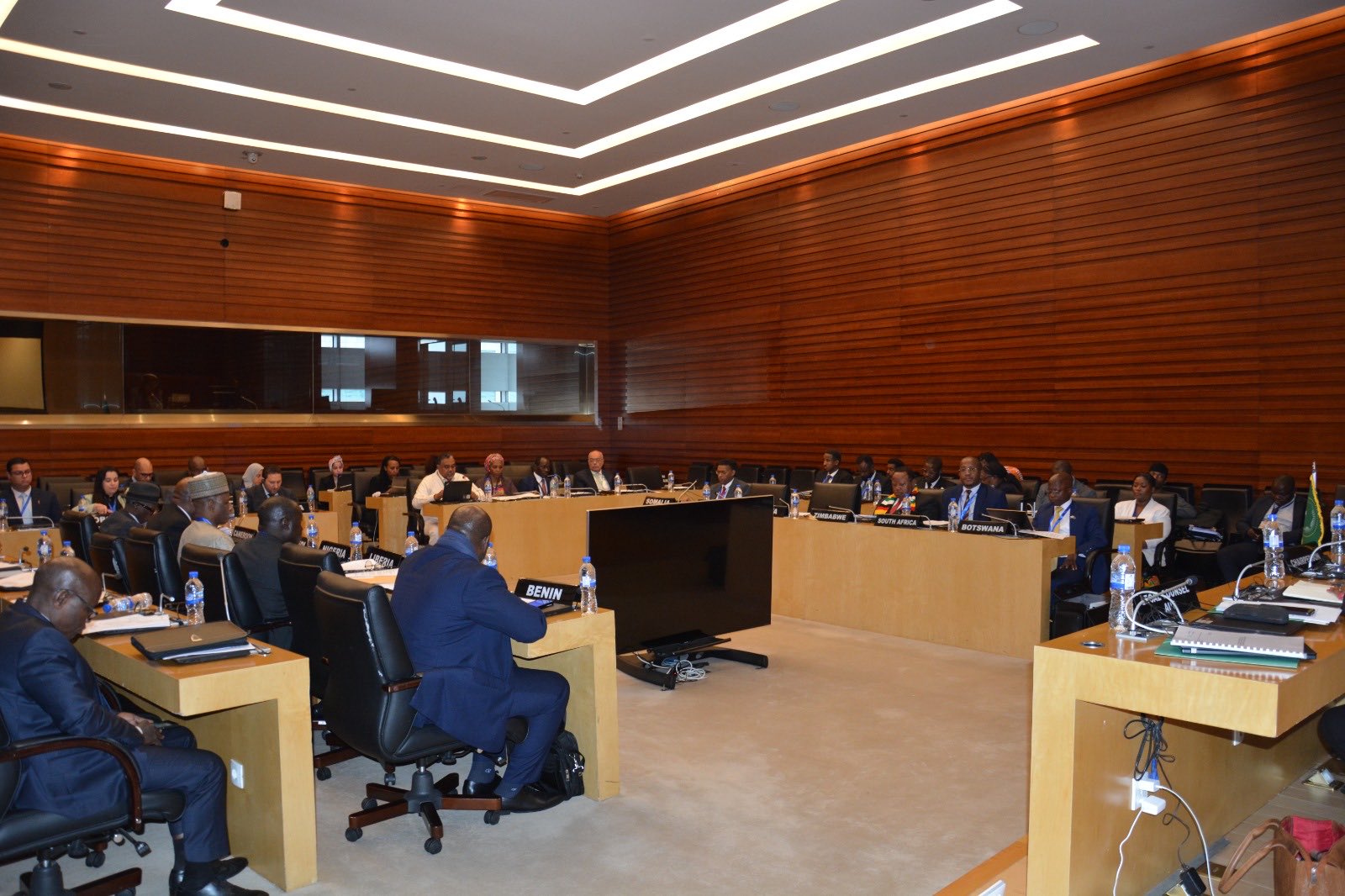 The ministerial committee on African candidacies within international systems in Addis Ababa on February 14, 2024. (Photo: X/Ali Omar)
The ministerial committee on African candidacies within international systems in Addis Ababa on February 14, 2024. (Photo: X/Ali Omar)
In September 2019, Kenya and Djibouti engaged in a fierce competition for the United Nations Security Council non-permanent seat in New York, as diplomats from both countries endeavoured to outshine each other in their lobbying efforts for votes.
Djibouti, defeated by Kenya in the election for the African Union representative for the UNSC seat, highlighted Nairobi's bitter maritime boundary dispute with Somalia, suggesting it as evidence that Kenya may not be reliable in managing regional security issues.
Kenya was the African Union endorsed candidate but Djibouti still went ahead and contested for the seat but later lost.
The continental body, which has no permanent vote at the UN, traditionally agrees to endorse member states "to act in its name" at the UN Security Council.
The then African Union chairperson, Egyptian leader Abdel Fattah el-Sisi's efforts to convene a meeting between former President Uhuru Kenyatta and Djibouti's Ismail Omar Guelleh on the margins of the UN General Assembly failed to produce a solution.
The upcoming AU Peace and Security Council elections highlight this, with Eastern Africa, for instance, presenting more candidates than available seats, displaying the region's struggle with division.
Divided region
During this week's AU summit, 10 out of the 15 seats of the African Union's top peace and security decision-making body will be contested in the upcoming election.
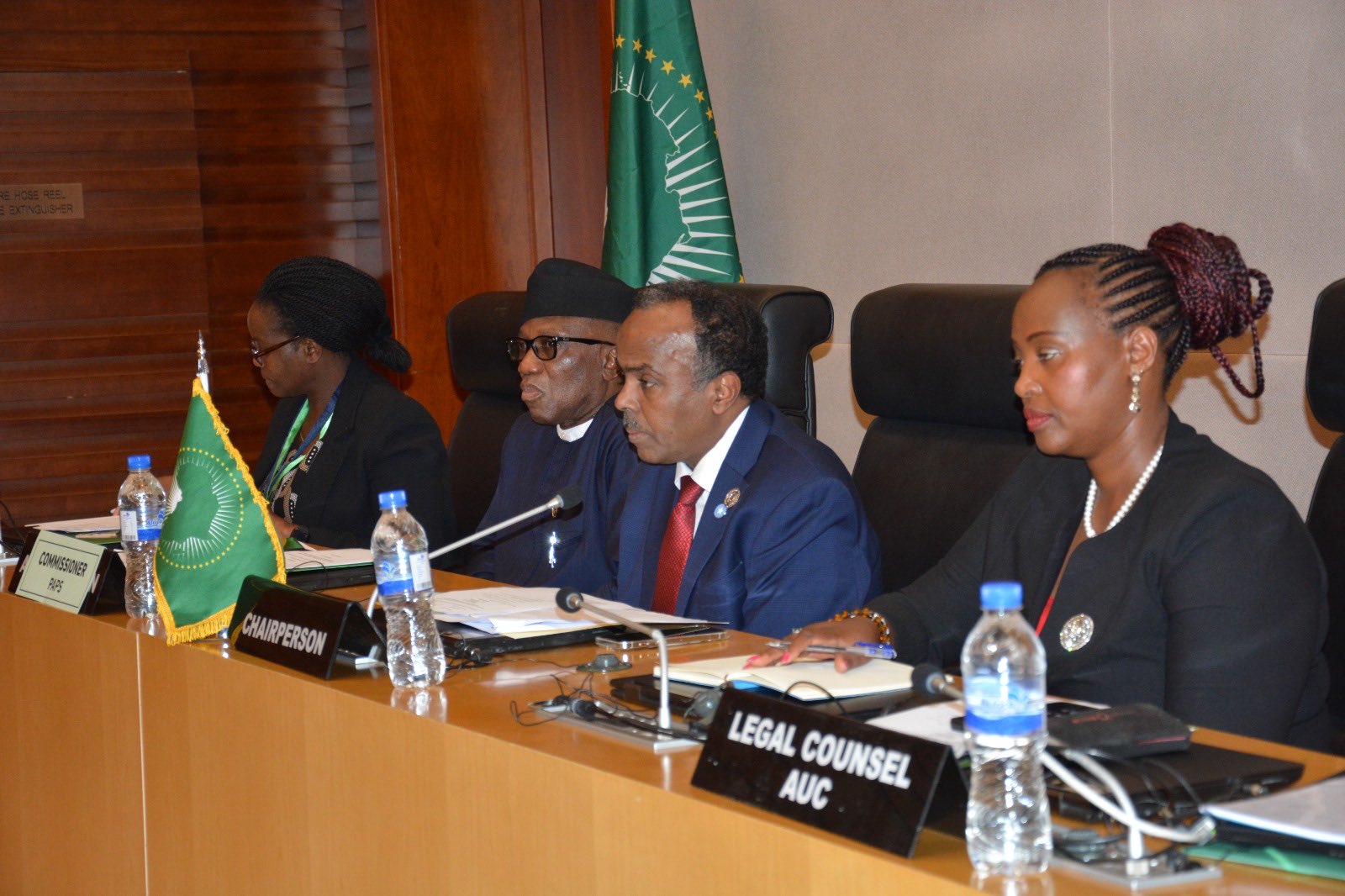 Somalia's foreign minister Ali Omar chairing the ministerial committee on African candidacies within international systems on in Addis Ababa on February 14, 2024. (Photo: X/Ali Omar)
Somalia's foreign minister Ali Omar chairing the ministerial committee on African candidacies within international systems on in Addis Ababa on February 14, 2024. (Photo: X/Ali Omar)
Among the agenda items for the summit that will converge the continental political leadership in Addis Ababa is the election of the new or returning members of the council.
In Eastern Africa, renowned for its tendency to nominate more candidates than available seats, Ethiopia, Eritrea, Tanzania, and Uganda have each put forth candidates for only two available seats.
In February 2019, tensions flared in the Eastern region as the elections for the Peace and Security Council were postponed for an hour at the request of East Africa.
This delay was to allow final negotiations between three countries vying for two PSC seats.
Although negotiations began early and continued leading up to the 2019 summit, Africa Amani, an Addis-based Pan-African policy research think tank specialising in the AU, reported no breakthroughs as the Executive Council convened for the elections.
Despite the extended discussions and last-minute negotiations, no consensus was reached among the three countries.
Consequently, all three candidates remained on the ballot, highlighting intense competition and a lack of unity.
Top Stories Today
